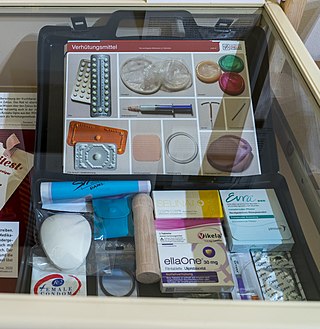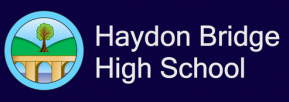
Sex education, also known as sexual education, sexualityeducation or sex ed, is the instruction of issues relating to human sexuality, including human sexual anatomy, sexual activity, sexual reproduction, safe sex and birth control, sexual health, reproductive health, emotional relations and responsibilities, age of consent, and reproductive rights. Sex education that includes all of these issues is known as comprehensive sexuality education, and, especially in more socially conservative countries and parts of the United States, is often opposed to abstinence-only sex education, which only focuses on sexual abstinence. Sex education may be provided as part of school programs, public health campaigns, or by parents or caregivers. In some countries it is known as "Relationships and Sexual Health Education".
Education in England is overseen by the Department for Education. Local government authorities are responsible for implementing policy for public education and state-funded schools at a local level. State-funded schools may be selective grammar schools or non-selective comprehensive schools. All state schools are subject to assessment and inspection by the government department Ofsted. England also has private schools and home education; legally, parents may choose to educate their children by any suitable means.
Personal and social education (PSE) is a component of the state school curriculum in Scotland and Wales. PSE became a statutory requirement in schools in September 2003, and is compulsory for all students at key stages 1, 2, 3 and 4, and shares some similar elements with Personal, social, health and economic education and citizenship education in England. These include:

The rights of lesbian, gay, bisexual, and transgender (LGBT) people in the United Kingdom of Great Britain and Northern Ireland have developed significantly over time. Today, lesbian, gay, and bisexual rights are considered to be advanced by international standards.

Educational Action Challenging Homophobia (EACH) is a charity based in the United Kingdom which "affirms the lives of lesbian, gay, bisexual and trans (LGBT) people and reduces discrimination experienced because of sexual orientation or gender identity." Since 2003, EACH has delivered training and consultancy services on sexuality and gender identity matters across the statutory, voluntary and private sectors. It also provides support to those affected by homophobic, biphobic or transphobic bullying through its nationwide, freephone helpline.
In the UK, a Pupil Referral Unit (PRU) is an alternative education provision which is specifically organised to provide education for children who are not able to attend school for a number of reasons.

Safeguarding is a term used in the United Kingdom, Ireland and Australia to denote measures to protect the health, well-being and human rights of individuals, which allow people—especially children, young people and vulnerable adults—to live free from abuse, harm and neglect.

Darrick Wood School is a mixed secondary school in Orpington, London Borough of Bromley, United Kingdom with a current roll of 1785 pupils. It was first opened in 1975.

Brighton Hill Community School is a coeducational secondary school located in Brighton Hill, Basingstoke in the county of Hampshire in the south of England.

Fulston Manor School is a secondary School with academy status in Sittingbourne, Kent. The head teacher is Mrs Susie Burden. It teaches years 7–13.
The Manor Academy is a co-educational secondary school with academy status in Mansfield Woodhouse, Nottinghamshire, overseen by and part of The Two Counties Trust.

Highsted Grammar School is a state-funded selective secondary school for girls in Sittingbourne, Kent.

The Acle Academy, formerly known as Acle High School, is a secondary school which is located in Acle, Norfolk, England. This is in the centre of the Norfolk Broads. The academy status school has 700 pupils, ranging in age from 11 to 16 years old.

The Skinners' Kent Academy is a secondary school with academy status in Royal Tunbridge Wells, England.
John Madejski Academy (JMA) is an 11–19 years old academy in Reading, Berkshire, England. JMA is part of the White Horse Federation Trust.
Relationship and Sex Education (RSE), previously called Sex and Relationships Education (SRE), is a form of sex education taught in UK schools. SRE focuses on exploring the emotional, social and physical aspects of growing up, having relationships, engaging in sex, and learning about human sexuality and sexual health.

The Harleston Sancroft Academy is a Church of England all-through school located in Harleston, Norfolk, England. It was formed on 1 September 2022 from Archbishop Sancroft High School and Harleston Primary Academy.

St Clement's High School is a coeducational secondary school with academy status, located in the village of Terrington St Clement, in the English county of Norfolk.

Haydon Bridge High School is a mixed secondary day school located in Haydon Bridge in the English county of Northumberland. The current headteacher is David Nisbet, who took over in September 2023.
The Curriculum for Wales is the curriculum which is being introduced in state-funded education in Wales for pupils aged three to sixteen years. The curriculum's rollout began in 2022. As of September 2023, it is statutorily required for all pupils apart from those in school years 9, 10 and 11. The curriculum has been developed based on a report commissioned in 2014. Amongst other changes, it gives schools greater autonomy over what they teach children. Views on the curriculum have been varied.












